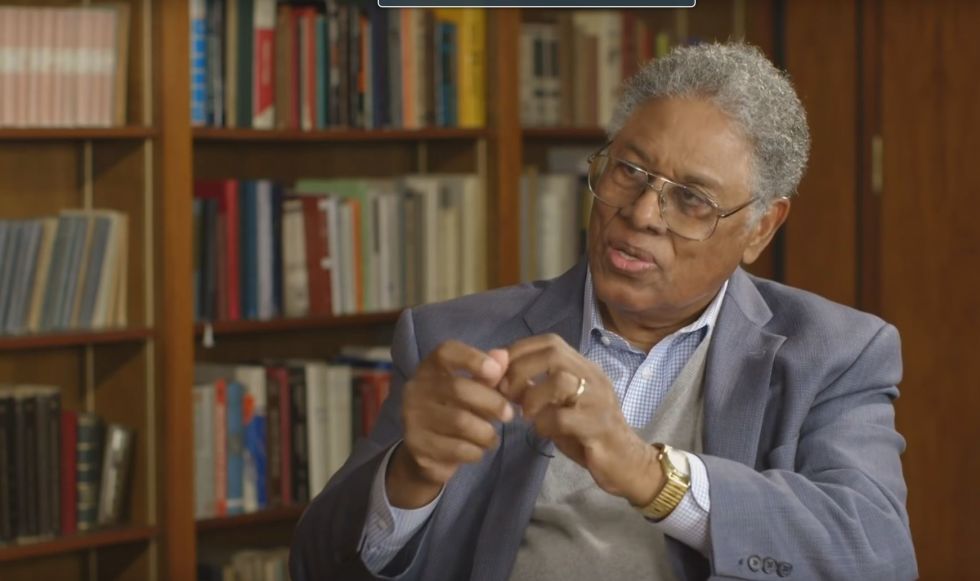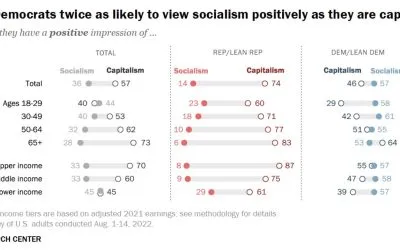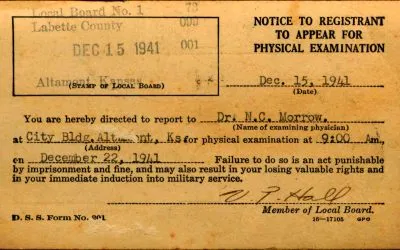The New York Times of May 21 featured estimates of how much revenue the federal government is losing as a result of tax cuts, more than $50 billion over a five-year period. Meanwhile, a front-page story in the Wall Street Journal reported the government as receiving “a surge in unanticipated revenue coming from the rich.”
There is no contradiction between these two stories. The Times reported estimates, while the Wall Street Journal reported what actually happened. Moreover, there is no real difference in outlook between the writers who wrote these two stories.
To the Wall Street Journal writer, the increased tax revenue from “the rich” was “a windfall for the U.S. Treasury.”
There has long been a difference in outlook between the reporters who write up the news for the Wall Street Journal and those who write the same newspaper’s editorial page. If the reporter thinks that the increased revenue to the Treasury was “unanticipated,” that suggests that she has not been reading the editorial pages of her own newspaper.
For years — indeed, decades — the Wall Street Journal’s editorial page has repeatedly been arguing that cutting tax rates increases tax revenues. Nor did this idea originate with them. There is a whole school of economists who have been saying the same thing even longer.
There is nothing “unanticipated” about the increased revenue. It was unanticipated by the Congressional Budget Office’s estimates but that is why the CBO has come under fire from economists. But apparently none of this has yet registered on the Wall Street Journal’s front page reporter.
More than 40 years ago, President John F. Kennedy got Congress to cut tax rates, with the idea that this would provide incentives to change economic behavior in a way that would increase economic growth and individual incomes, and therefore lead to even more tax revenue coming into the Treasury than had been the case under the higher tax rates. That is exactly what happened.
Years later, Ronald Reagan made the same argument and his “tax cuts for the rich” produced the same result. Tax receipts during every year of the 1980s were higher than they had ever been in any year before.
Moreover, taxes paid specifically by “the rich” were higher than before, because their incomes rose so much as the economy boomed that they paid more total taxes despite the reduced tax rate.
How surprised should we be that exactly the same thing has happened after tax cuts under the Bush administration? Apparently very surprised if we were front-page reporters for the Wall Street Journal.
Given the steeply “progressive” tax rates, most of the taxes paid are paid by people in income brackets that liberals choose to call “the rich,” though that label would probably come as some surprise to many people in those brackets. Therefore any serious reductions in tax rates will necessarily directly affect them most.
The point, however, is not simply to move money around but to change behavior in a way that will result in more economic activity. Tax cuts have a long track record of doing that, resulting in rising national incomes and rising employment.
But there is no way that some people are ever going to admit that what they call “tax cuts for the rich” are tax cuts for the economy. As far as they are concerned, this is all just an excuse to “give” something to the rich, in hopes that it will “trickle down” to the lower income brackets.
A year ago this column defied anyone to quote any economist — in government, academia, or anywhere else outside an insane asylum — who had ever argued in favor of a “trickle down theory.”
Many people quoted David Stockman as saying that others had made that argument. But David Stockman was not even among the first thousand people to make that claim. What is crucial is that not one of those who made the claim could provide a single quote from anybody who had advocated a “trickle-down theory.”
The “trickle down theory” has been a stock phrase on the left for decades and yet not one of those who denounce it can find anybody who advocated it. The tenacity with which they cling to these catchwords shows how desperately they need them, if only to safeguard their vision of the world and of themselves.




